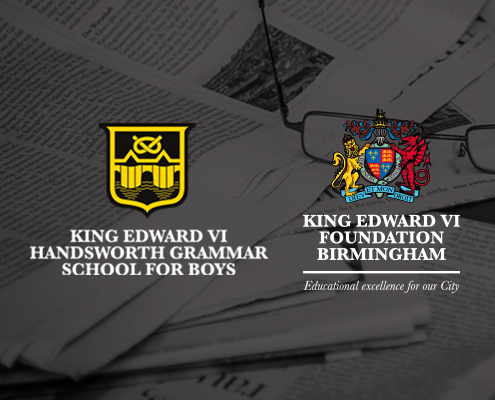Coding With The BBC Micro:bit
The Computing and Multimedia department has recently acquired BBC micro:bit computers to help year 7 students further explore different programming languages in their Computer Science lessons. The micro:bit is a handheld, fully programmable computer with 25 red LED lights that can flash messages. There are two programmable buttons that can be used to control games or pause and skip songs on a playlist. The BBC micro:bit can detect motion and tell you which direction you’re heading in, and it can use a low energy Bluetooth connection to interact with other devices and the Internet.
Students were given an opportunity to use MicroPython. It is a completely text-based editor and the online interactive development environment allows students to begin or continue their programming journeys confidently. A selection of ‘snippets’ are on hand to help auto-complete trickier tasks and a range of premade images and music are built-in to give a helping hand with their code.
Year 7 have now begun to use the micro:bit as an introduction to the fundamentals of computer programming and games design via Kodu, a highly intuitive graphical development environment developed by Microsoft Games Lab. They will program a game to operate using various features of the micro:bit, such as the input A and B buttons, as well as the accelerometer to control precise movement.
“I have really enjoyed today’s lesson and I am mesmerized with what is possible with this amazing piece of technology. I look forward to using the other types of code as today we only familiarized ourselves with Python.”
Manish Kaler (7G)









